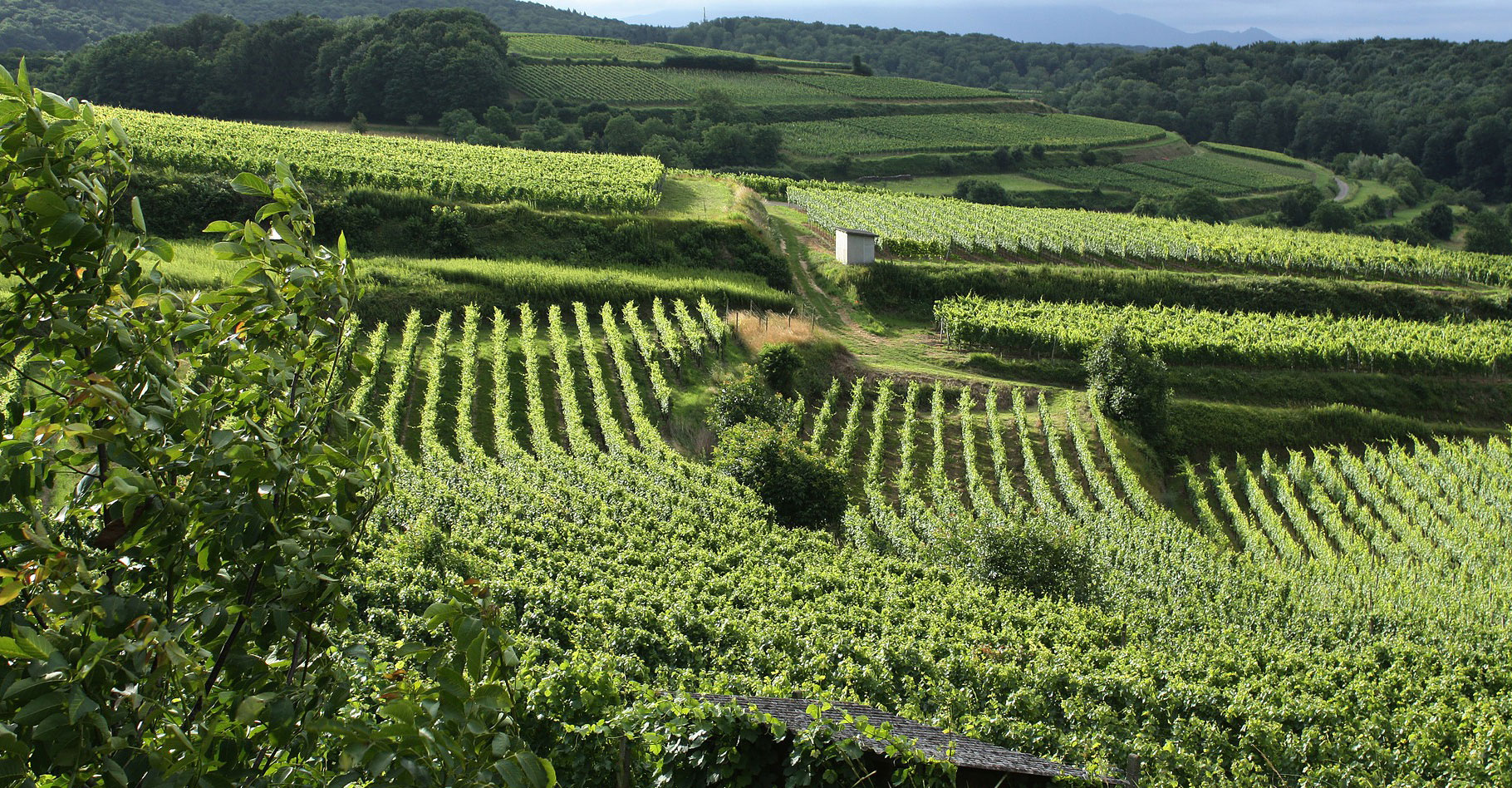Exceptional wines are often associated with high prices that intrigue wine lovers and enthusiasts alike. Why do some wines reach such heights, while others remain affordable?
The role of terroir in the price of rare wines

An exceptional terroir: a guarantee of quality
The exceptional terroir represents all the natural characteristics that influence wine production: soil, climate, altitude, exposure to the sun.
Renowned wine-growing regions
Certain regions, such as Bordeaux or Napa Valley, enjoy a worldwide reputation that has a direct impact on the price of rare wines.
Limited production of exceptional wines
Controlled yields
Exceptional wines often come from vineyards where production is deliberately limited to guarantee optimum quality.
Handcrafted production methods
The production of rare wines often relies on demanding techniques and manual processes.
The reputation and history of the wineries
The heritage of great estates
Estates with a long history enjoy a prestige that is reflected in the price of their wines.
Legendary vintages
Some rare or exceptional vintages can fetch record prices at auction.
The importance of marketing and global demand

Communication strategies
Producers use targeted campaigns to reinforce the image of their exceptional wines.
Speculation in rare wines
Some buyers regard rare wines as investments, which drives up prices.
The impact of innovative viticultural practices
The biodynamic and organic approach
Estates opting for environmentally-friendly practices are gaining in popularity, but these methods are costly.
Cutting-edge technologies
Some producers use modern equipment to analyze and improve every stage of production.
Packaging and presentation of rare wines
Luxurious bottles and labels
Exceptional wines are often packaged in bottles specially designed to reflect their exclusivity.
Limited editions
Some houses produce special cuvées with a very limited number of bottles.
Export and distribution costs
Transport and taxes
Exporting rare wines involves additional costs for transport, customs duties and local taxes.
Careful selection of distributors
Major producers choose exclusive distributors to preserve the image of their wines.
Conclusion: prices that reflect more than just a product
Exceptional wines don't get their high prices by chance. Their cost reflects a combination of factors, including exceptional terroir, demanding production methods, and growing global demand. These rare wines are more than just drinks; they embody art, tradition and prestige.
If you enjoyed this article, please read the following article "The best wines to accompany chocolate desserts", which might also interest you!





